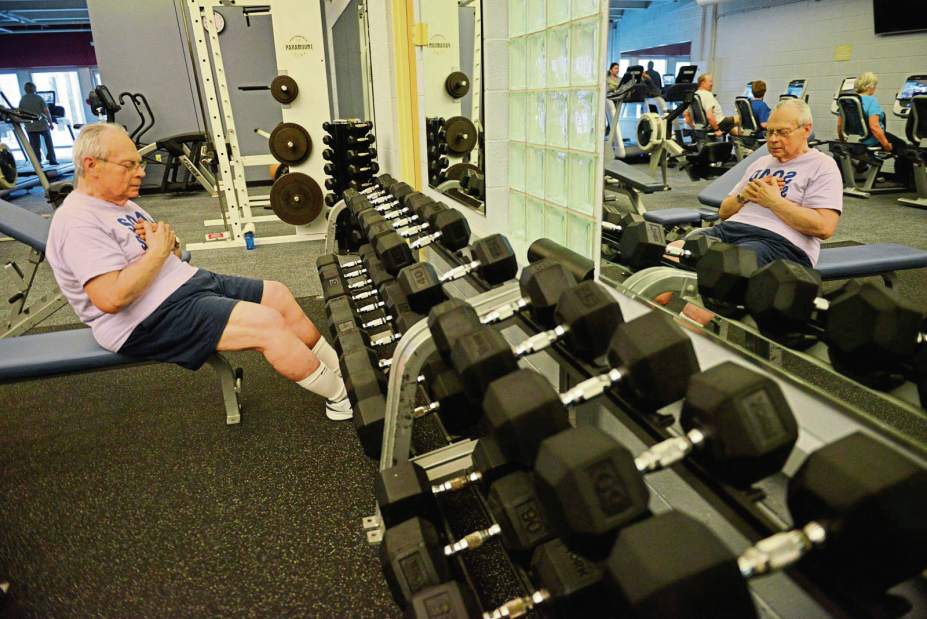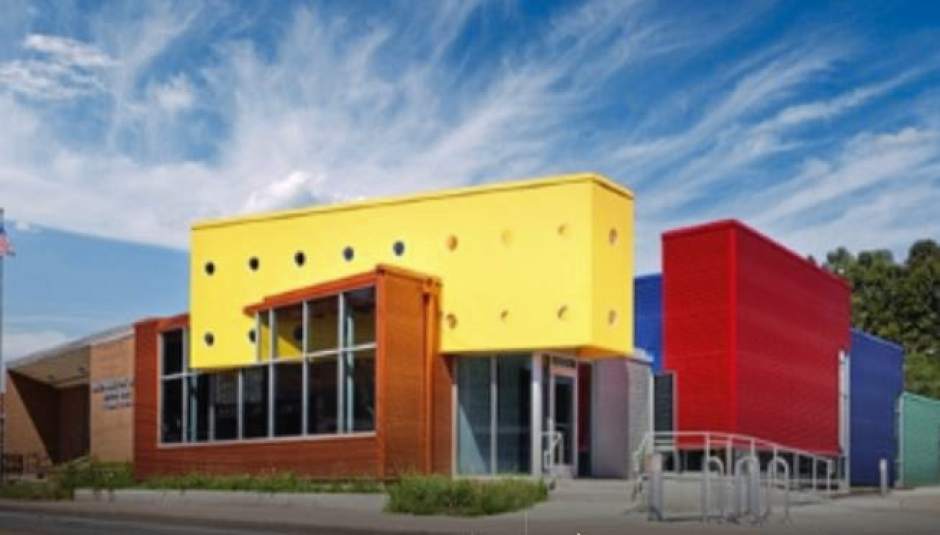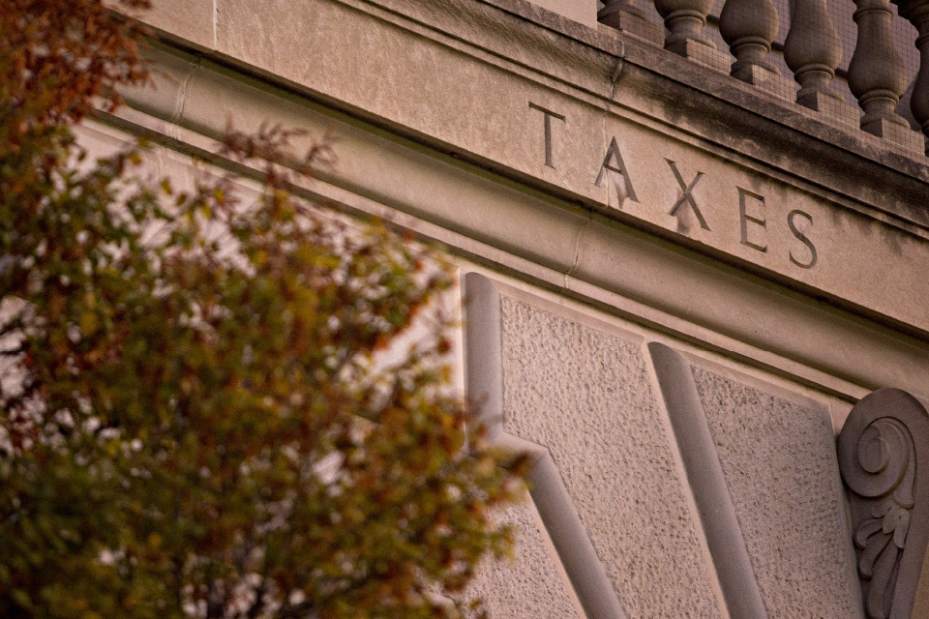Allegheny Technologies Inc. has closed its idled Bagdad plant in Gilpin, the company announced Tuesday.
In addition, ATI announced the permanent closing of the idled Midland stainless steel melt shop and finishing operation in Beaver County.
The Bagdad plant employed about 225 people. It produced grain-oriented electrical steel prior to the start of the six-month lockout of union workers in August 2015. Midland employed around 250 workers.
Dave Bridgen, a former president of United Steelworkers 1138, worked at Bagdad for 17 years until the lockout. He since was absorbed into a job opening at the ATI Vandergrift plant.
“The last I heard, there were 84 people laid off. The rest were absorbed by Brackenridge, Latrobe or Vandergrift,” Bridgen said.
“The decision helps provide clarity to some of the people who had hoped that there would be a restart,” ATI spokesman Dan Greenfield said.
Tom Conway, a vice president for the United Steelworkers International who negotiated the most recent ATI contract, said the union was told about the closings but had no comment.
In December, the company announced it was mothballing both facilities with the possibility that they would reopen if market conditions for those products improved.
Richard Harshman, ATI's chief executive officer, said that has not happened. He announced the move as part of the company's third-quarter earnings statement. It showed a net loss of $531 million, which includes $508 million in charges from the earlier shutdown of ATI's titanium plant in Utah.
Excluding those costs and charges, ATI's net loss was $23 million, or 21 cents per share.
“Based on current and forecasted market and competitive conditions, including the expectation of continued significant excess global capacity for commodity stainless steel sheet and (grain-oriented electrical steel) products, we have now concluded that these facilities cannot be operated at an acceptable rate of return,” Harshman said.
Greenfield said the closings will save ATI about $10 million.
He said ATI had been the country's No. 2 producer of electrical steel, which is used in electrical power generation equipment, and its No. 3 three commodity stainless producer. But Greenfield said the effect on those markets from ATI's absence since December was telling.
Presence not missed
“As we idled these two facilities, the market did not miss our presence,” Greenfield said. “It didn't have much of an impact.”
He said there was no significant increase in demand or price for those products.
“The global capacity to produce these products exceeds the global consumption of them,” Greenfield said.
Christopher Plummer, president and CEO of West Chester-based Metal Strategies, agrees with that assessment. His company provides consulting services, including analysis and strategic advice to the metals industry as well as 25 annual metals market forecasts.
“That market has been under some pressure,” Plummer said. “There's really intense competition around the world, particularly from China, Korea, Russia, India. Those countries have improved their technology over the years.”
Asian imports
While American steel companies have complained chiefly about the dumping of government-subsidized Chinese steel being sold at below fair value in the United States, other countries are having an impact, too.
Harshman noted that in September the Commerce Department calculated anti-dumping tariffs of 64 perent and 77 percent on Chinese stainless sheet and strip imports. He said that should deter illegal dumping of Chinese steel.
“Unfortunately, stainless steel sheet and strip from countries other than China have increased, as imports from China to the U.S. market have decreased,” Harshman said. “Imports specifically from Taiwan, Korea, and Vietnam have increased according to data available through August.”
He said those increases are being investigated for potential trade violations.
While ATI is abandoning the grain-oriented electrical steel market, that's not the case with commodity stainless steel. It has a wide range of uses, including in the energy and medical industries. Greenfield said closing Midland just reduces ATI's exposure on commodity stainless.
“To put it mildly, the commodity stainless, the ‘300' stainless that indicates nickel-bearing (steel), is a real difficult market now,” Plummer said. “Allegheny Technologies now has more than enough rolling capacity to roll all the stainless they can make. And with that (Harrison) melt shop they can melt all that they need to make.”
Plummer said the pressure ATI faces on commodity stainless is coming not only from foreign imports. He said American stainless producers located in the South, such as North American Stainless in Kentucky, are major players. He said they are able to compete with low prices because they are non-union operations that have work rules which give them great flexibility and efficiency.
Harshman said that third-quarter sales for the ATI Flat-Rolled Products division, which includes most of its remaining Western Pennsylvania operations, were relatively flat at $309 million. However he pointed out the segment's operating losses dropped 30 percent, from $32 million in the second quarter to $21 million in the third quarter.
While he said company officials don't expect the flat-rolled products market conditions to improve in the fourth quarter, next year should be different.
“Looking beyond this year, we expect the Flat-Rolled Products segment to be profitable in 2017,” Harshman said.
Flat-rolled products, however, is obviously not ATI's focus moving into the future, Plummer said.
”They are clearly becoming less and less of a (commodity) steel company,” he said.
‘High-value alloys'
Instead, he said ATI is concentrating on its high-performance material and components segment, which include “high value” alloys used to manufacture jet engines and aircraft components as well as in the government aero/defense market.
ATI's earnings statement listed the profit for the high performance materials segment at $47 million in the third quarter — a 20 percent improvement over the second quarter.
Harshman said, “Our available capacity leaves us well-positioned for the forecasted growth in demand over the next several years.”
Plummer said ATI likely will build on its titanium and value-added metals, which carry higher price tags in the marketplace.
“All of that is within the strategy of Allegheny Technologies, and it makes sense that they are doing that,” he said. “When you move up the value-added end of the ladder, the size of the market reduces, so you are looking at smaller volumes.”
“It's a solid company. It's got its challenges,” Plummer said. “They are moving away from areas where they no longer have a competitive position and going into areas where they can have a leadership position.”
Tom Yerace is a freelance writer.







